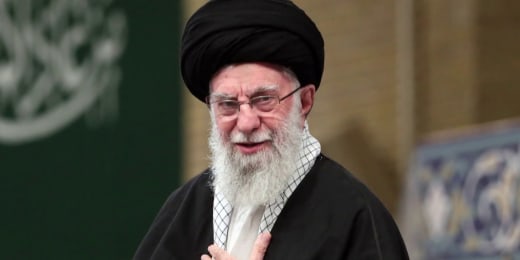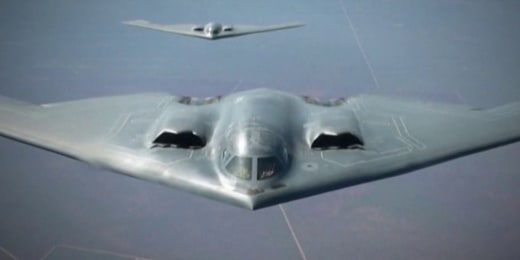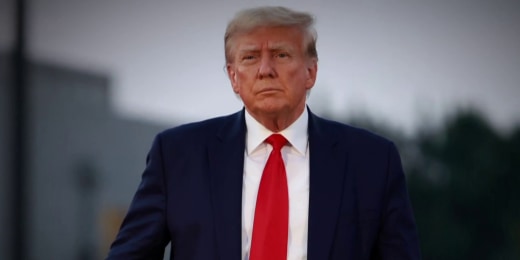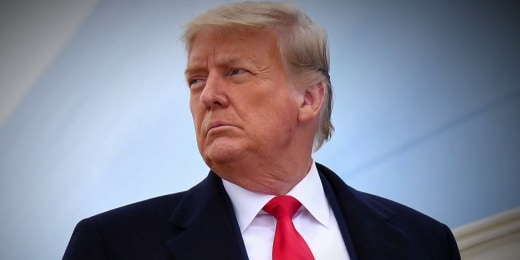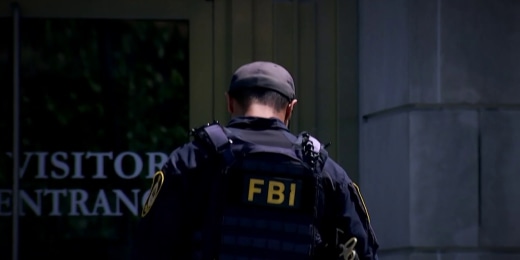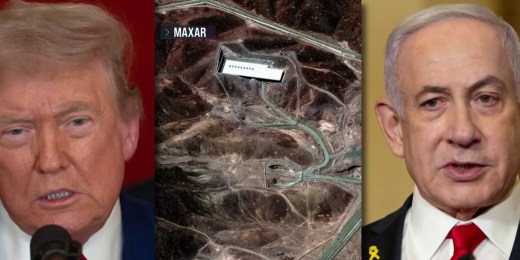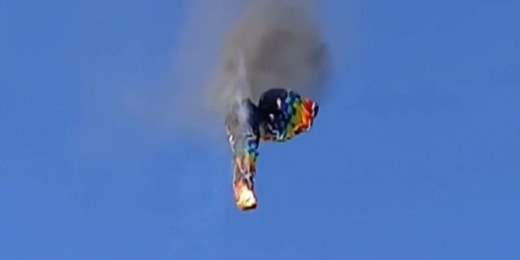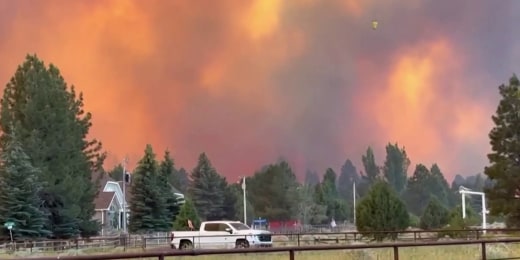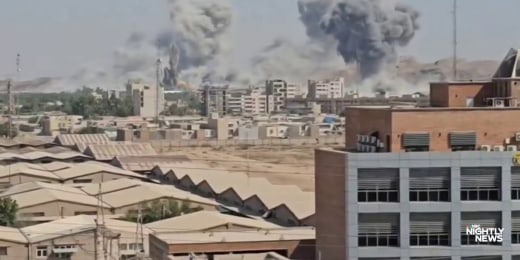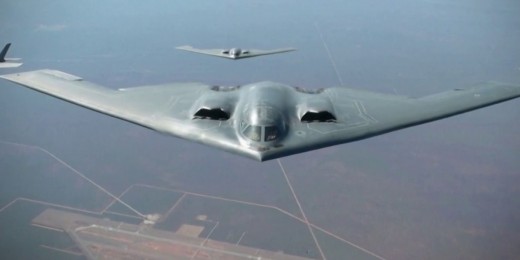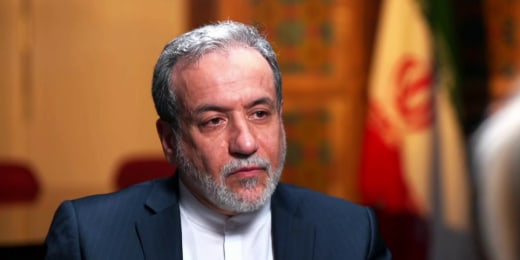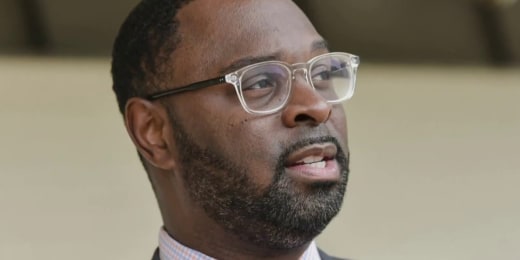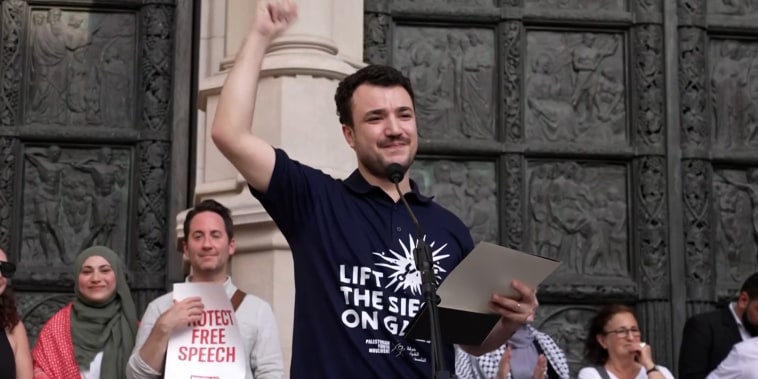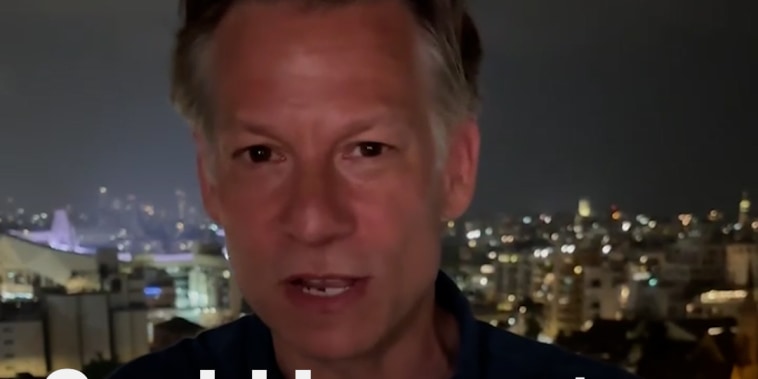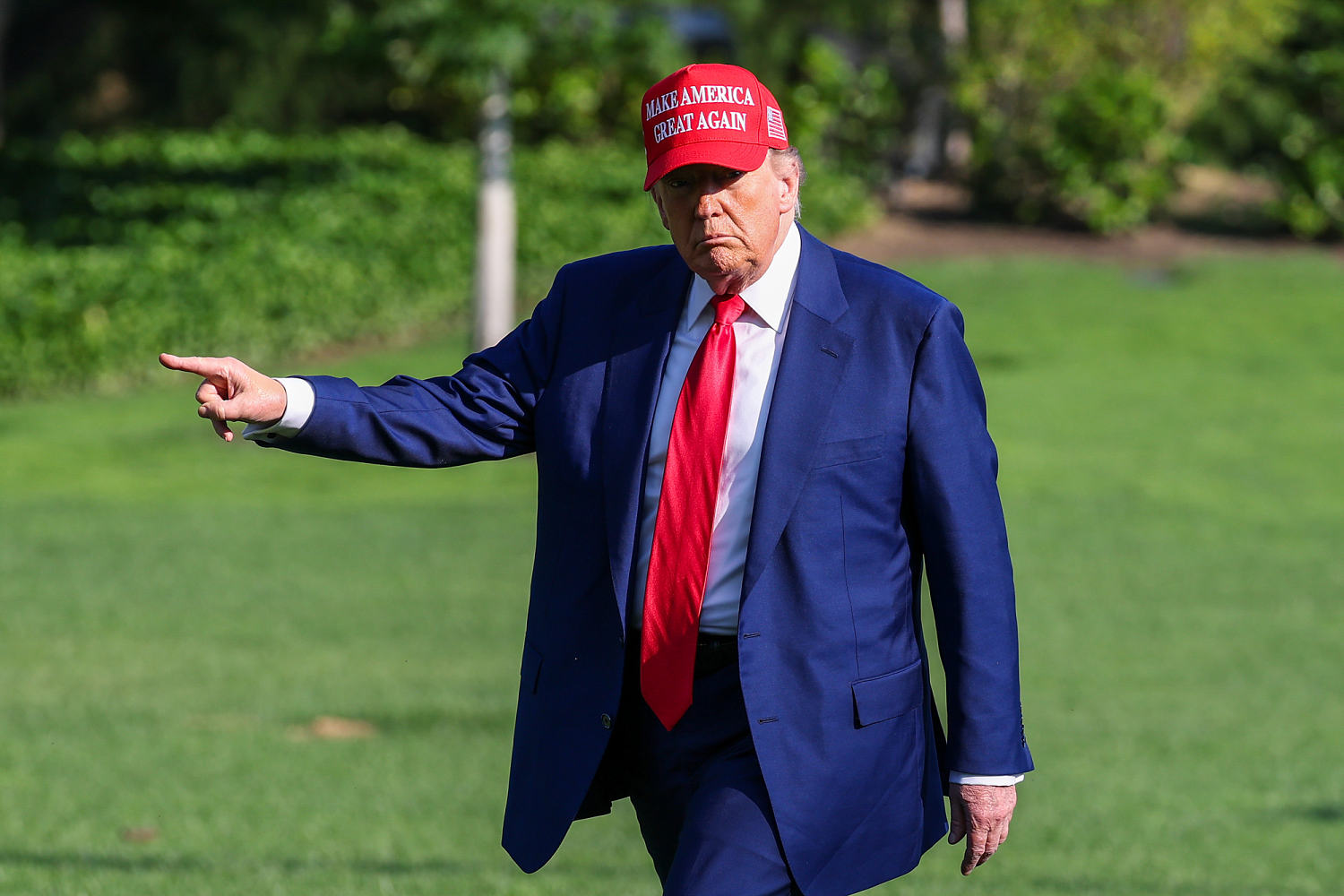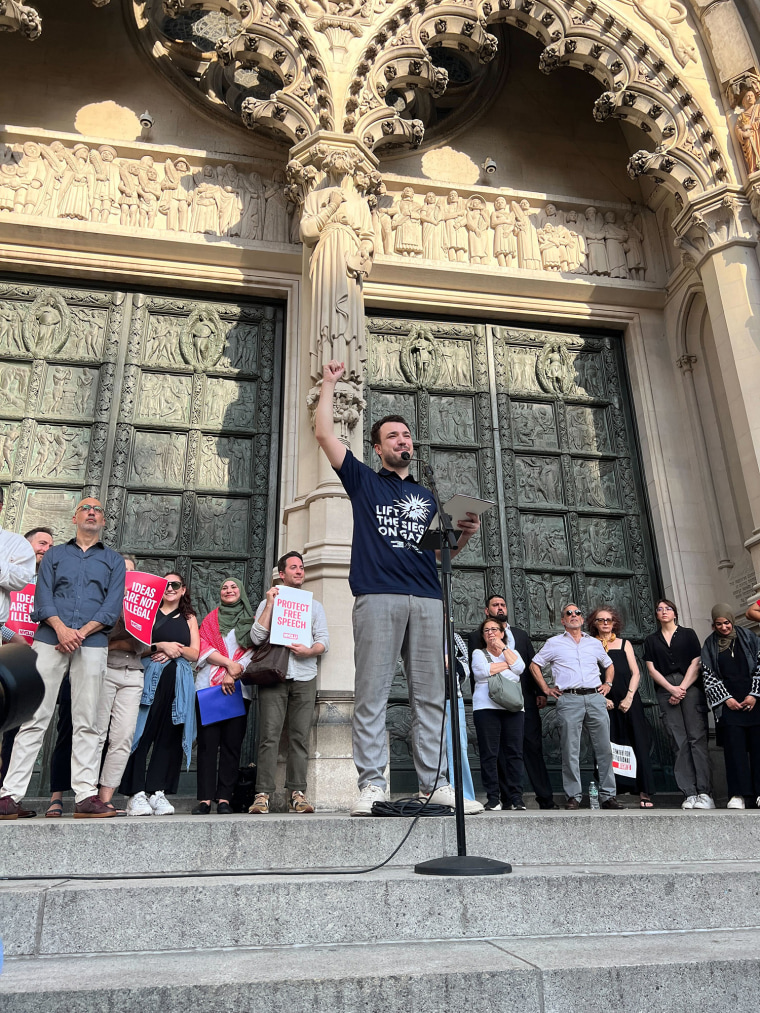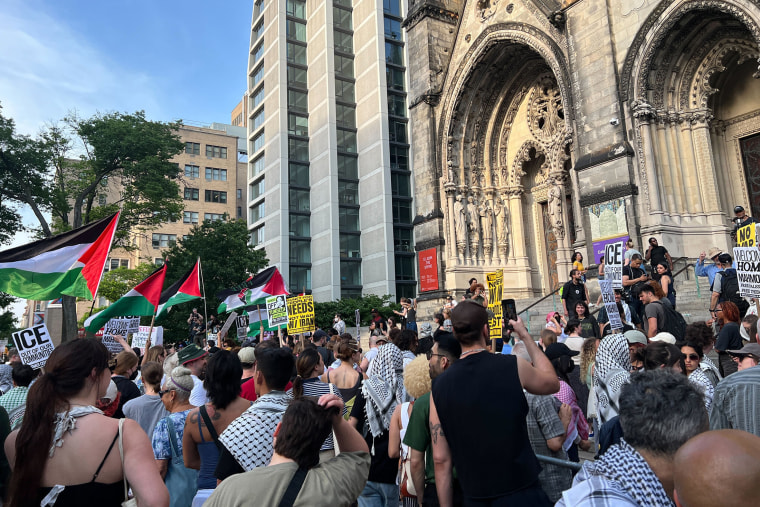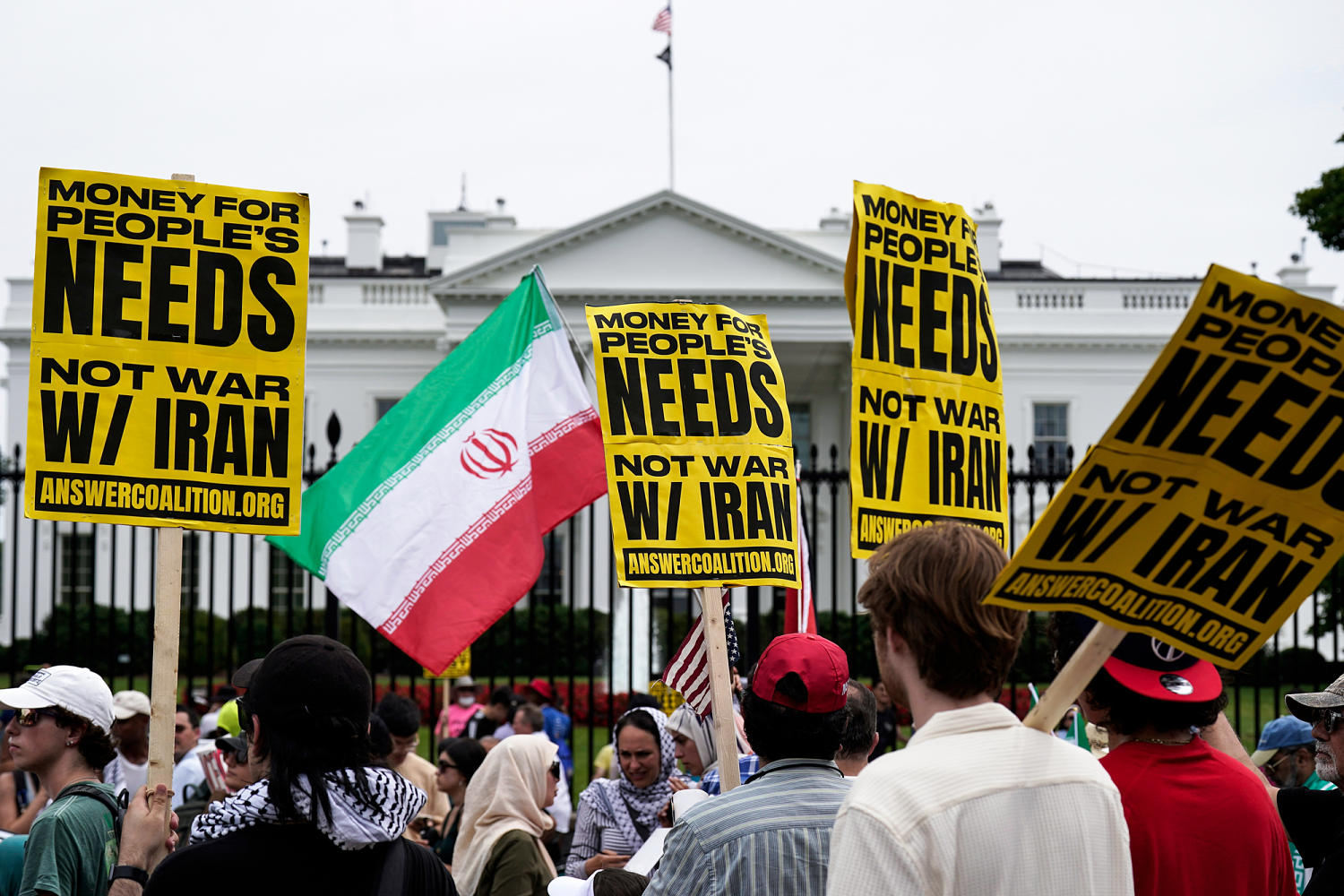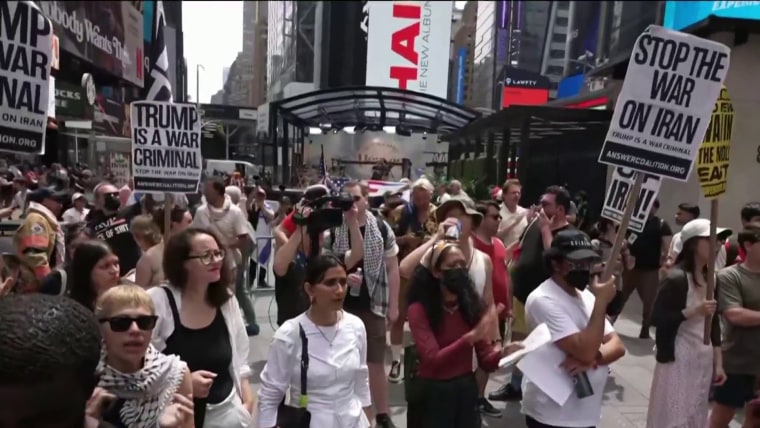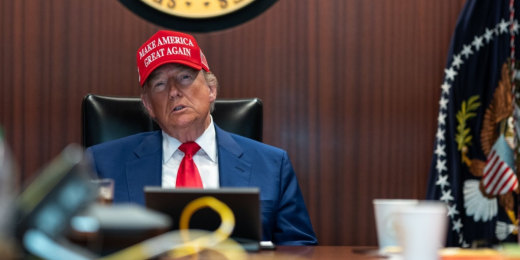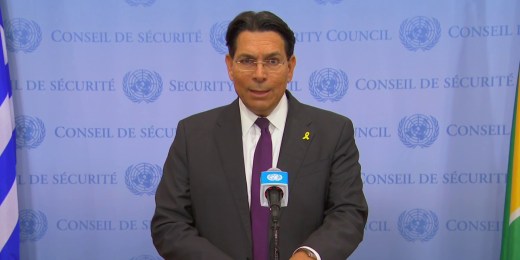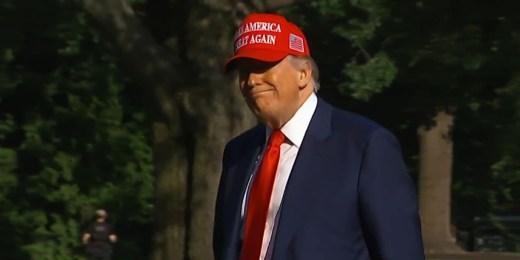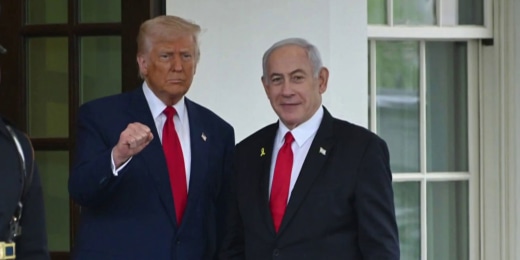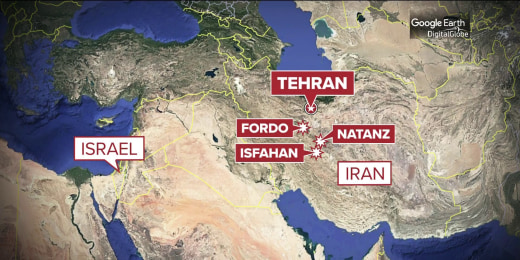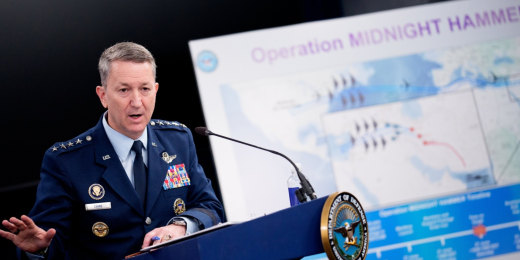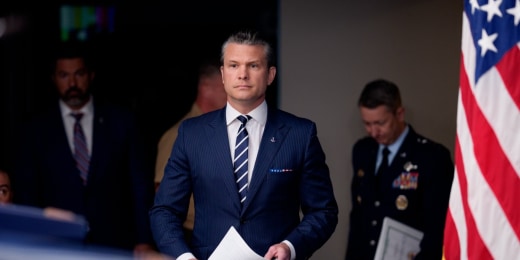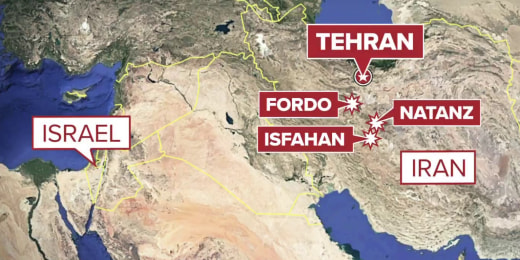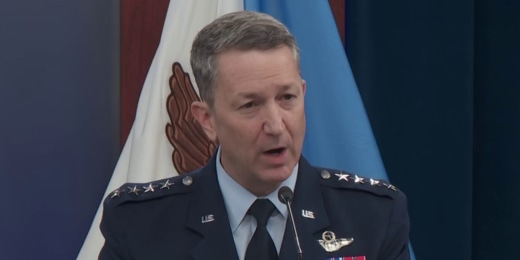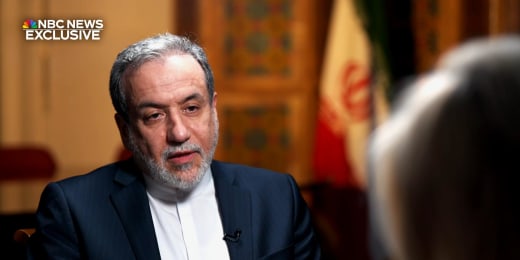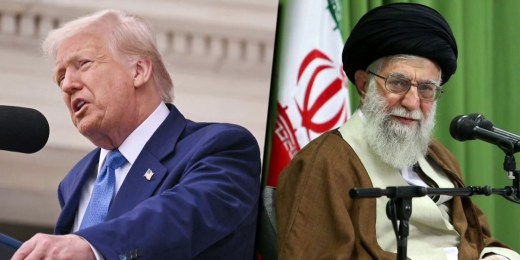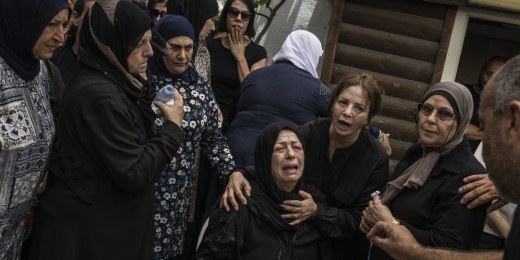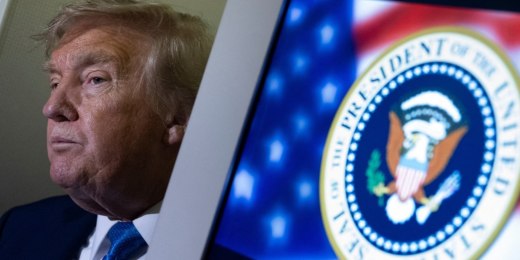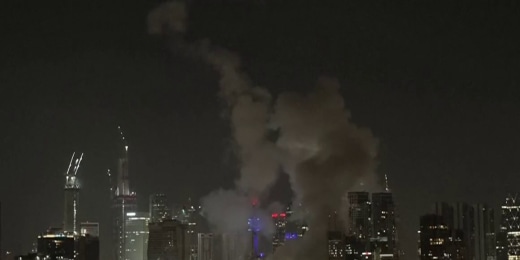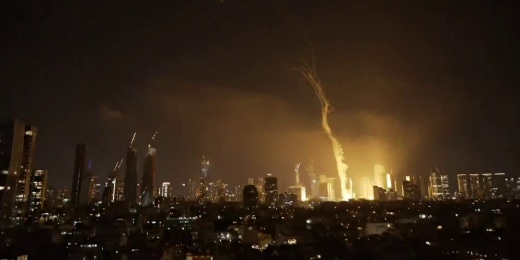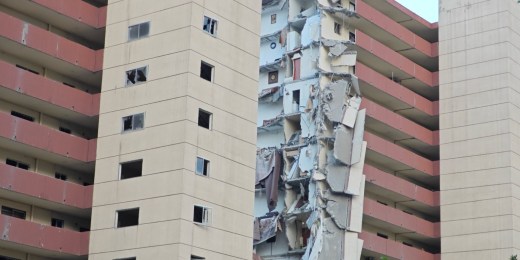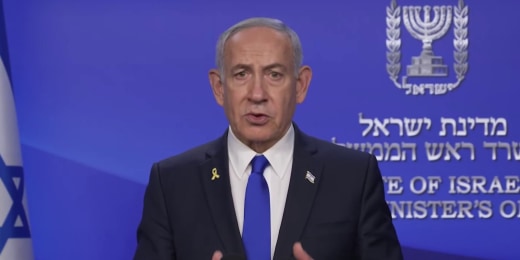WASHINGTON — President Donald Trump’s decision to order strikes in Iran — among the most consequential he has made as commander in chief — is the latest example of a U.S. president’s taking military action without first seeking congressional approval. And experts say that, while his power over American armed forces isn’t absolute, there’s most likely little lawmakers will do.
Trump is supposed to submit to Congress a legal justification for having bombed Iran’s nuclear facilities within 48 hours after the operation began. Unlike tangible consequences Trump has faced for other moves in which he tested the bounds of executive power — such as court rulings against him — any price he might pay for this decision would largely play out in the American political arena and on the world stage, where the U.S. reputation is on the line.
“Presidents over the last 25 years have certainly been stretching the envelope of presidential authority to use force,” John Bellinger, adjunct senior fellow for international and national security law at the Council on Foreign Relations, told NBC News. “Using force more and more, deploying the military more and more, without congressional authority — and Congress, with a few persistent objectors, has simply acquiesced in that.”
The limits on presidential power to use military force are set out in sections of the U.S. Constitution, the War Powers Resolution of 1973 and the United Nations Charter.
Article 1 of the Constitution makes it clear: Congress — and no other part of the federal government — has the power to declare war. But that’s something Congress hasn’t formally done in more than 80 years, since World War II.
While Congress has approved what are called Authorizations of Military Force and appropriated funds to assist in ongoing conflicts, its ability to control when the nation is at war has been diminished, in part by its own actions, while the power of the office of the president has expanded.
The War Powers Resolution of 1973 is a law designed to provide a check on the president’s power to involve the United States in military action without the consent of Congress. It was passed over President Richard Nixon’s veto in the wake of the Vietnam War, which Congress never actually declared as a war, though it did authorize force in the Gulf of Tonkin Resolution.
According to the War Powers Resolution, “in any case in which United States Armed Forces are introduced” when war hasn’t been declared, the president has 48 hours to notify, in writing, the speaker of the House and the Senate president pro tempore. The act requires that the notification include why the president took the action, the authority under which it was taken and “the estimated scope and duration of the hostilities or involvement.” And the resolution also says any time a president uses the armed forces without notifying Congress beforehand, that use must be terminated within 60 days.
Bellinger said any notification to Congress that Trump sends, which Bellinger told NBC News the Justice Department is likely to prepare, will probably rely on the authority granted to the president in Article II of the Constitution, which makes the president the commander in chief. President Joe Biden cited Article II in 2021 after he ordered strikes in Iraq and Syria that he said were targeting an “Iranian-backed militia group responsible for recent attacks on U.S. personnel in Iraq.”
Presidents testing limits
Though Congress acted after the U.S. withdrew from Vietnam to restrain presidents in their use of military force, recent decades have seen presidents push against those restraints.
On March 23, 1999, the Senate approved NATO airstrikes against what was then Yugoslavia to force a Serbian withdrawal from the province of Kosovo. But when the strikes began 24 hours later, the House had yet to approve the resolution, and a month later, in a tie vote, it rejected the Senate resolution amid increased concerns of greater U.S. military involvement in the area.
In March 2011, a coalition of NATO forces, which included the United States, began a military campaign to intervene in the Libyan civil war to protect civilians. While President Barack Obama ordered it, he didn’t seek advance approval from Congress. By June, the House had passed a resolution calling for a withdrawal of U.S. troops from the region and demanded that the Obama administration explain why it didn’t ask Congress for permission first.
In April 2017, during Trump’s first term, he didn’t seek congressional authorization before he ordered a missile strike in Syria in response to the Syrian government’s use of chemical weapons. “It is in this vital national security interest of the United States to prevent and deter the spread and use of deadly chemical weapons,” he said in televised remarks after the strikes.
Bellinger, who helped draft Authorizations for Military Force under President George W. Bush, said it isn’t always that way. On Jan. 12, 1991, the Senate voted in favor of a resolution authorizing the use of military force against Iraq in response to Iraq’s invasion of Kuwait, after President George H.W. Bush asked it to do so. In September 2001 and again in October 2002, President George W. Bush asked Congress to authorize the use of armed force, first in response to the Sept. 11 attacks and then to target Saddam Hussein and his Iraqi government.
“To strike a country like Iran, I think this does go far beyond what other presidents have done,” Bellinger said.
Congress, however, may not have the appetite to fight Trump over it.
“Given that a lot of people in Congress tend not to want to buck the president or obviously some of them agree with his actions anyway,” Curtis Bradley, a professor at University of Chicago Law School, said in an interview, “it seems unlikely at the moment that Congress would, you know, use its statutory powers to try to end or restrict the conflict.”
U.S. courts are also unlikely to get involved. The judicial branch has limited authority over a president when it comes to his decisions about military action and the use of force.
“The lower courts, when they get these cases, tend to say, sorry, this is very complicated,” Bradley said. “They say it’s really to be resolved by the political institutions and not the courts.”
“Even if it is unconstitutional, I don’t see it’s likely that courts will be the ones to police that,” he added.
The U.N.
International law, including the U.N. Charter, lays out very clearly what is and isn’t justified when a country decides to use force.
Article II of the U.N. Charter orders “all members” to settle their international disputes “by peaceful means in such a manner that international peace and security, and justice, are not endangered.”
While a separate section of the U.N. Charter allows for military action to be taken in self-defense, experts say, that argument will be harder for the Trump administration to make in this scenario.
“The idea that you could just … attack because, in the long run, you think your strategic interests will be harmed does not fit with the charter under anybody’s reasonable definition of self-defense,” Bradley said.
But what does a violation of the U.N. Charter mean? Not much, experts say.
“It wouldn’t be the first time, unfortunately, where the U.S. is doing something that probably violates the charter,” Bradley said. “That ends up being more about diplomacy, rather than something that would directly stop a president from acting.”
Bellinger believes that even without any direct domestic or international legal consequences, the implications of Trump’s decisions are wide-ranging. “It’s going to be more of a political cost at home, and it’s going to be more of a reputational cost for the United States around the world.”


